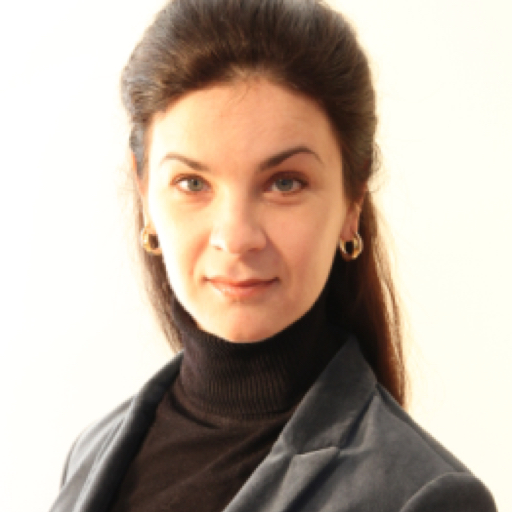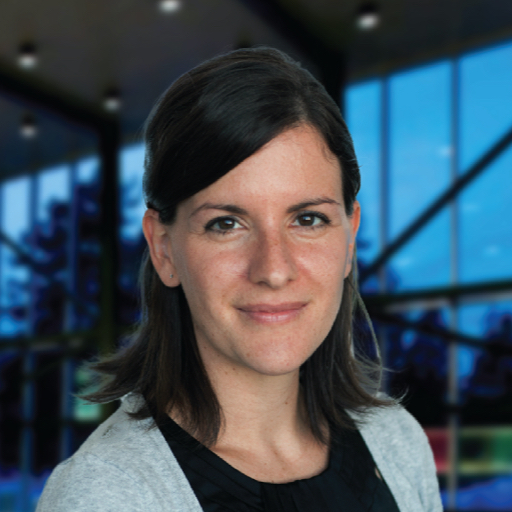
Nadia Gosselin, Ph.D.
Associate Professor
Department of Psychology, Université de Montréal
CARSM Scientific Director
nadia.gosselin@umontreal.ca
Training
Postdoctoral fellowship in neuroimaging (McGill University)
Ph.D. in clinical neuropsychology (Université de Montréal)
Research interests
Short- and long-term effects of traumatic brain injury on cognition, sleep, vigilance and circadian rhythms. Cognitive deficits and mild cognitive impairments associated with obstructive sleep apnea. Pathophysiology of idiopathic hypersomnia.
Methodological approaches
Polysomnography, neuropsychology, EEG spectral analysis, neuroimaging, genetics.
Fundings
Foundation grant for the Canadian Institutes of Health Research
Amount: 1 230 000$
Role: Principal investigator
Title: Targeting sleep to improve recovery and slow down degeneration
Years: 2017-2023
Canada Research Chair
Amount : 500 000$
Role: Principal investigator
Title: Sleep disorders and brain health
Years: 2020-2025
American Academy of Sleep Medicine Foundation 2020 Strategic Research Award
Amount: 249 572 USD
Role: Principal investigator
Title: Investigating sleep microarchitecture to better understand idiopathic hypersomnia pathophysiology and phenotype heterogeneity
Years: 2020-2023
My team
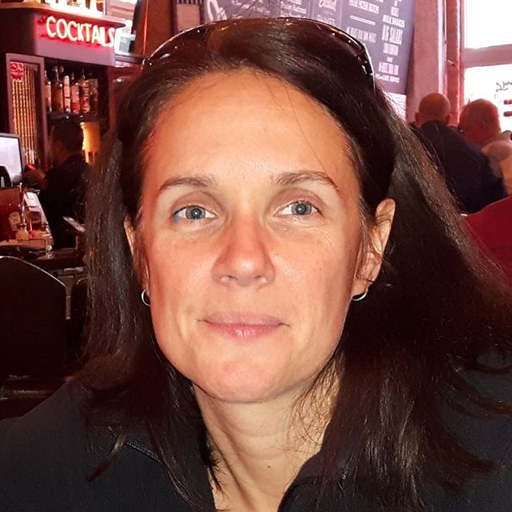
Hélène Blais, B.Sc.
Research Coordinator and Sleep Technologist
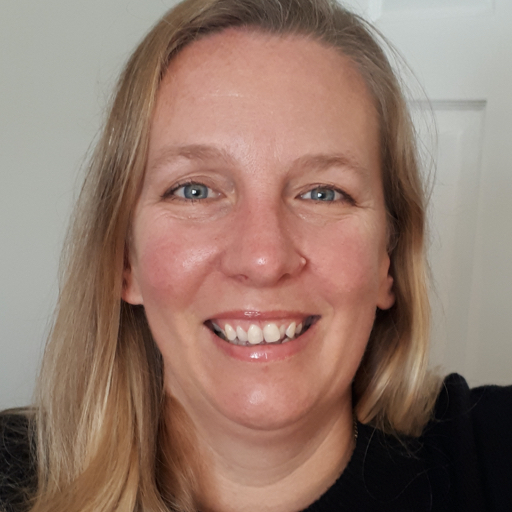
Cynthia Thompson, Ph.D.
Research Associate
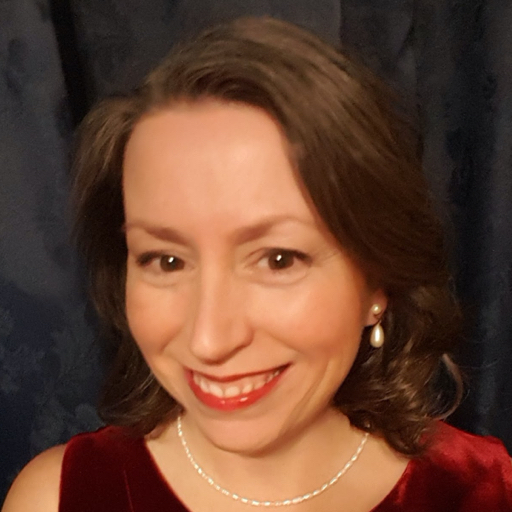
Tyna Paquette, M.Sc.
Research Associate
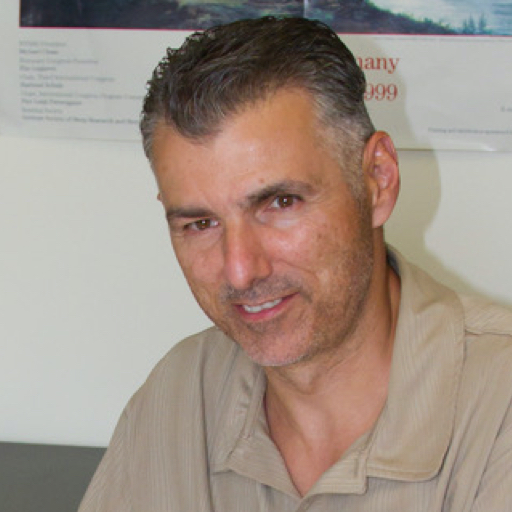
Jean Paquet, Ph.D.
Research Associate and Biostatistician
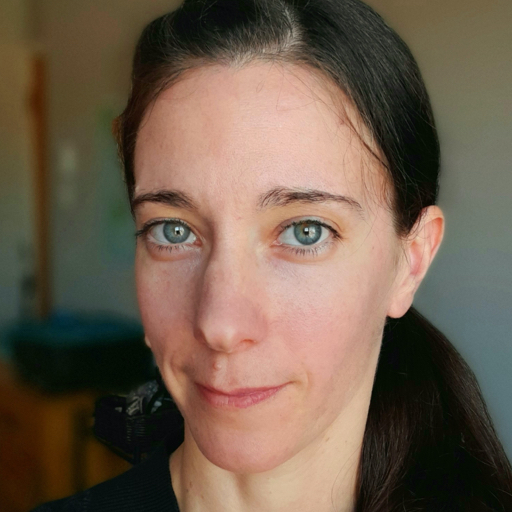
Karine Lacourse, Ing., M.Sc.
Software Developer
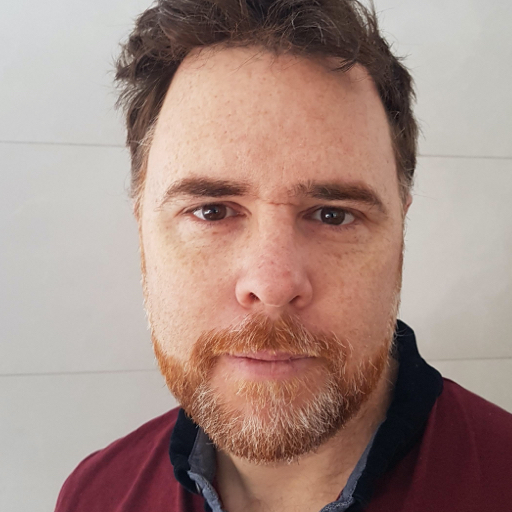
David Lévesque, Ing.
Software Developer
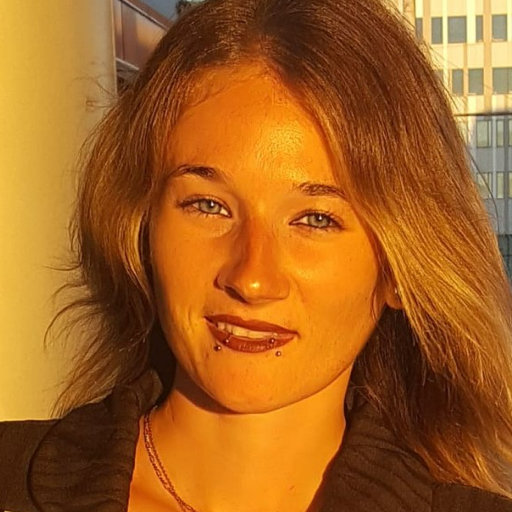
Joannie Pitre
Sleep Technologist
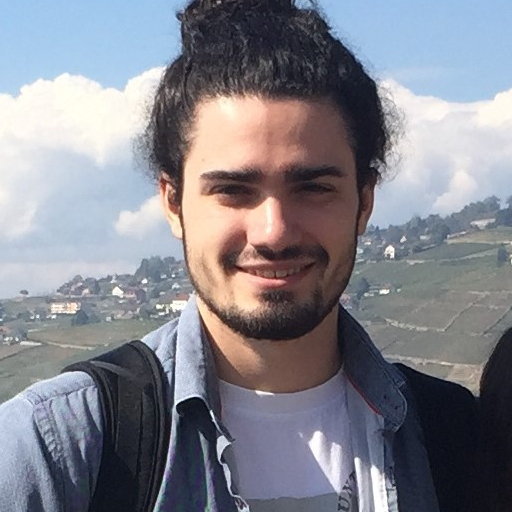
Erlan Sanchez, B.Sc.
Ph.D. candidate
Université de Montréal
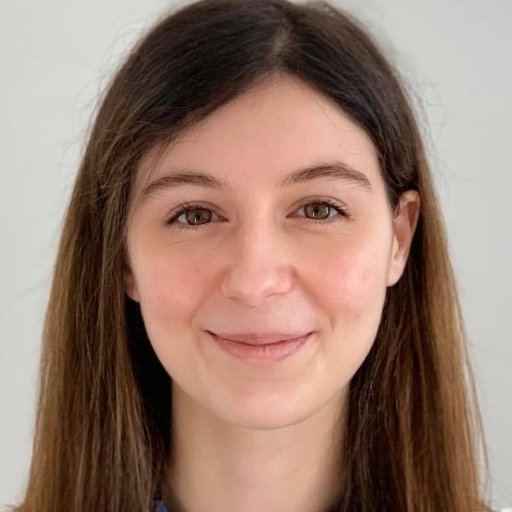
Marie-Ève Martineau-Dussault, B.Sc.
Ph.D. candidate
Université de Montréal
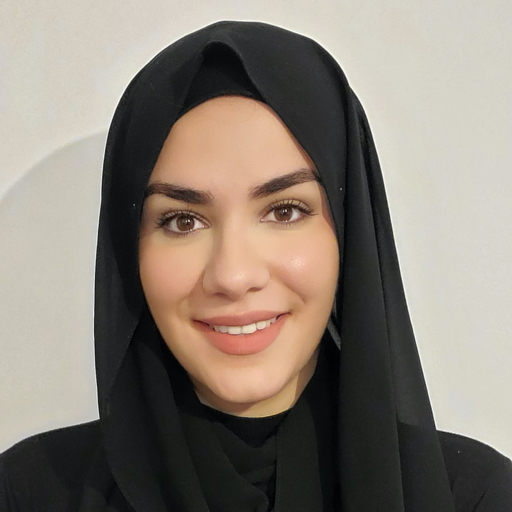
Sirin Chami, B. Sc.
M.Sc. candidate
Université de Montréal
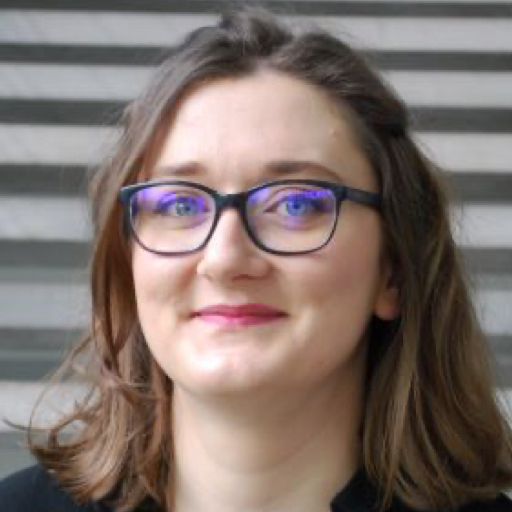
Claire André, Ph.D.
Postdoctoral Fellow
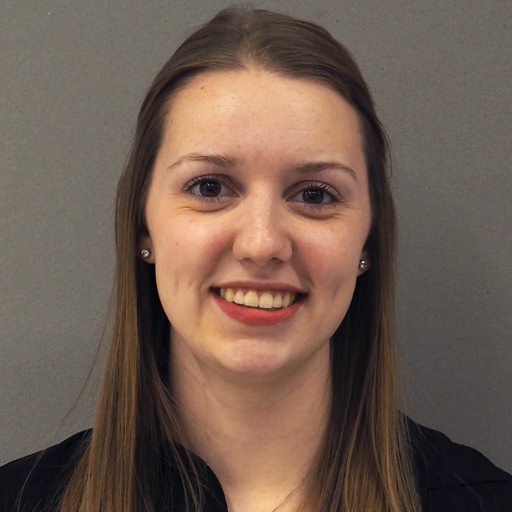
Julie Legault, B.Sc.
Ph.D. candidate
Université de Montréal
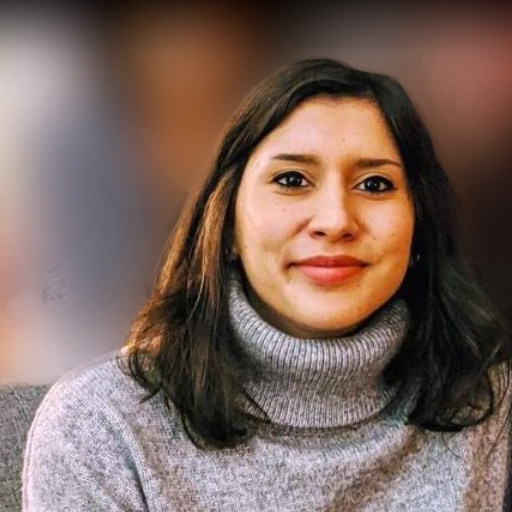
Anne-Sophie Deshaies Rugama, B.Sc.
Ph.D. candidate
Université de Montréal
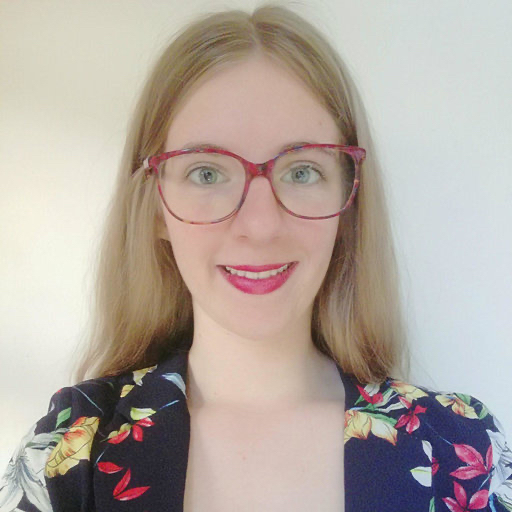
Charlotte Hendryckx, M.Sc.
Ph.D. candidate
Université de Montréal
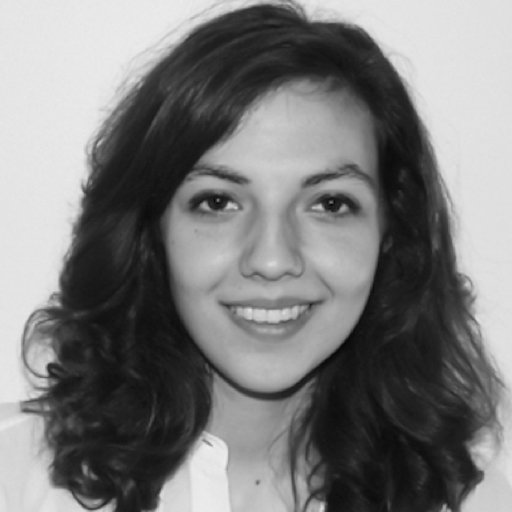
Solenne Van der Maren Paquet, B.Sc.
Ph.D. candidate
Université de Montréal
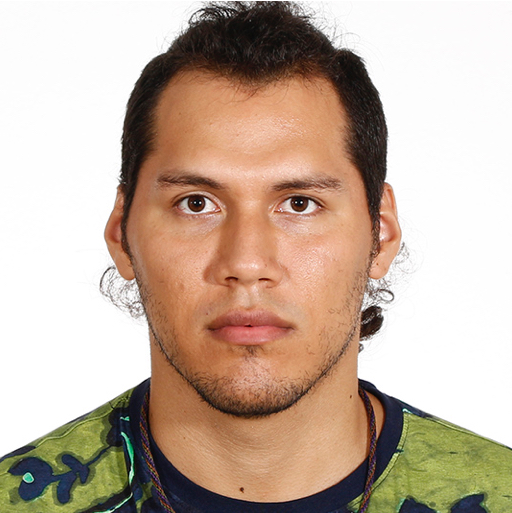
Guillermo Martinez
B.Sc. Candidate
Université de Montréal
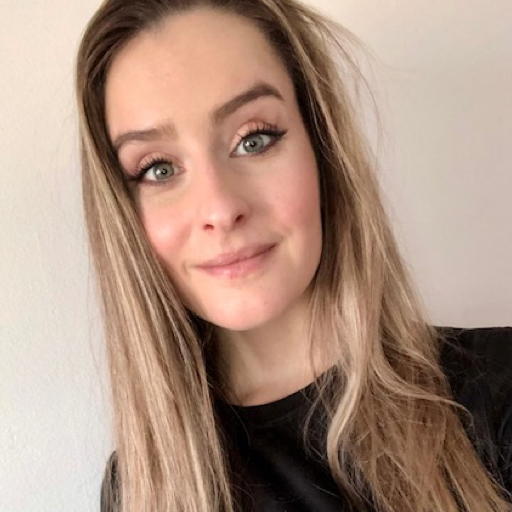
Mia Claude Massicotte
Ph.D. candidate
Université de Montréal
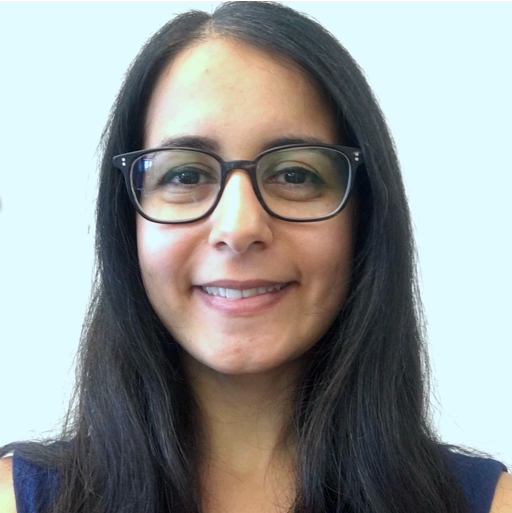
Narges Kalantari, M.Sc.
Ph.D. candidate
Université de Montréal
Selected publications
El-Khatib H, Sanchez E, Arbour C, Van der Maren S, Duclos C, Blais H, Carrier J, Simonelli G, Hendryckx C, Paquet J, Gosselin N. (2020). Slow wave activity moderates the association between new learning and traumatic brain injury severity. Sleep.
Deshaies-Rugama AS, Desautels A, Montplaisir J, Carrier J, Thompson C, Blais H, Lina JM, Gosselin N. (2020) Electroencephalographic markers of idiopathic hypersomnia: where we are and where we are going. Current Sleep Medicine Reports, Curr Sleep Medicine Rep 6, 101–110.
Sanchez E, Arbour C, El-Khatib H, Marcotte K, Blais H, Baril AA, Bedetti C, Descoteaux M, Lina JM, Gilbert D, Carrier J, Gosselin N. Sleep Spindles Are Resilient To Extensive White Matter Deterioration. Brain Communications, Brain Commun. 2020 Jun 13;2(2):fcaa071. doi: 10.1093/braincomms/fcaa071.
Baril AA, Gagnon K, Descoteaux M, Bedetti C, Chami S, Sanchez-Gonzalez E, Montplaisir JY, De Beaumont L, Gilbert D, Poirier J, Pelleieux S, Osorio R, Carrier J, Gosselin N. (2020). Cerebral white matter diffusion properties and free-water with obstructive sleep apnea severity in older adults. Hum Brain Mapp. 2020 Jul;41(10):2686-2701. doi: 10.1002/hbm.24971.
Duclos C, Dumont M, Paquet J, Blais H, Van der Maren S, Menon DK, Bernard F, Gosselin N. (2020). Sleep-wake disturbances in hospitalized patients with traumatic brain injury: association with brain trauma but not with an abnormal melatonin circadian rhythm. Sleep, 43(1). doi: 10.1093/sleep/zsz191.
Gosselin N, Baril AA, Osorio R, Kaminska M, Carrier J. (2019). Obstructive Sleep Apnea and the Risk of Cognitive Decline in Older Adults. Am J Respir Crit Care Med, 199(2):142-148. doi: 10.1164/rccm.201801-0204PP. Baril AA, Carrier J, Osorio R, PacK A, Ayas N, Warby S, Poirier J, Dubé MP, Carrier J, GosselinN. (2018) Biomarkers of dementia in obstructive sleep apnea, Sleep Medicine Review, 42, 139-148.
Sanchez E, El-Khatib H, Arbour C, Bedetti C, Blais H, Baril AA, Descoteaux M, Gilbert D, Carrier J, Gosselin N. (2019). Brain white matter damage and its association with neuronal synchrony during sleep. Brain, 142(3), 674-687.
Gagnon K, Baril AA, Montplaisir J, Carrier J, De Beaumont L, D’aragon C, Chami S, Pellieux S, Poirier J, Gauthier S, Lafond C, Gagnon JF, Gosselin N. (2019) Disconnection between subjective and objective cognitive impairment in obstructive sleep apnea. Journal of Clinical Sleep Medicine, 15(3), 409-415.
El-Khatib H, Arbour C, Sanchez E, Dumont M, Duclos C, Blais H, Carrier J, Paquet J, Gosselin N. (2019). Towards a better understanding of increased sleep duration in the chronic phase of moderate to severe traumatic brain injury: an actigraphiy study. Sleep Med, 59: 67-75. doi: 10.1016/j.sleep.2018.11.012
Baril AA, Gagnon K, Brayet P, Montplaisir J, Carrier J, Soucy JP, Lafond C, Blais H, d’Aragon C, Gagnon JF, Gosselin N. (2018). Obstructive sleep apnea during REM sleep and daytime cerebral functioning: A regional cerebral blood flow study using high-resolution SPECT. J Cereb Blood Flow Metab, Nov 22: 271678X18814106. doi:10.1177/0271678X18814106.
Gagnon K, Baril AA, Montplaisir J, Carrier J, Chami S, Gauthier S, Lafond C, Gagnon JF, Gosselin N. (2018) Detection of mild cognitive impairment in middle-aged and older adults with obstructive sleep apnea, European Respiratory Journal, 52(5).
Baril AA, Carrier J, Lafrenière A, Warby S, Poirier J, Osorio R, Ayas N, Dubé MP, Petit D, Gosselin N. (2018) Biomarkers of dementia in obstructive sleep apnea, Sleep Medicine Reviews, Dec, 42: 139-148,
Baril AA, Gagnon K, Brayet P, Montplaisir J, De Beaumont L, Carrier J, Lafond C, L’Heureux F, Gagnon JF, Gosselin N. (2017) Gray matter hypertrophy and thickening with obstructive sleep apnea in middle-aged and older adults, Am J Respiratory Crit Care Med, 195(11), 1509-1518.
Duclos C, Dumont M, Arbour C, Paquet J, Blais H, Menon DK, De Beaumont L, Bernard F, Gosselin N. (2017) Parallel recovery of consciousness and sleep in acute traumatic brain injury, Neurology, 88(3): 268-275.
Projects
Obstructive sleep apnea and mild cognitive impairment
Obstructive sleep apnea (OSA) is a major health problem, particularly in the aging population among which OSA is observed in about 20% of individuals. OSA causes sleep disruption and intermittent nocturnal hypoxemia (decrease in the amount of oxygen carried in the blood), which can lead to daytime sleepiness, cognitive deficits, and cerebral dysfunctions. OSA is also recognized as a risk factor for hypertension, cardiovascular and cerebrovascular diseases, and cognitive decline. The main goal of this study is to understand the association between OSA and in older individuals. More specifically, we will study individuals with OSA, individuals with mild cognitive impairment and control subjects in terms of their cognitive functioning (attention, memory, planning capacity) and their brain structures. We will also evaluate the effectiveness of treatment with continuous positive airway pressure (CPAP) to improve sleep apnea and thus improve cognitive functioning. Finally, we will evaluate the predictive value of neuropsychological markers, genetic, electrophysiological and neuroimaging on cognitive health during a three-year follow-up.
Sleep and circadian rhythms after a moderate to severe traumatic brain injury
Fatigue, hypersomnia and insomnia are among the most reported and debilitating symptoms in patients with moderate or severe traumatic brain injury (TBI). Clinical observations suggest that these disorders appear in the first few weeks after TBI: patients present with insomnia, an inability to stay awake for a few consecutive hours, and altered sleep-wake cycles suggesting circadian rhythm disturbances. Sleep disturbances in the acute phase of TBI are worrisome as they can interfere with neuronal and cognitive recovery in patients. Our research projects aim to better characterize and understand sleep and circadian rhythms in patients with moderate or severe TBI. Ultimately, our research projects aim to improve the recovery of moderate and severe TBI patients by improving their sleep during their hospitalization.
Pathophysiology of idiopathic hypersomnia
Idiopathic hypersomnia (IH) is a poorly defined nosological entity and has important phenotype heterogeneity. The sleep microarchitecture has the potential to explain some of the HI pathophysiology and heterogeneity, as advanced EEG signal analyzes can inform on the efficiency of the homeostatic process, neural synchronization during sleep, and sleep consolidation. In this project, we propose to characterize the sleep microarchitecture of hypersomniacs and identify clinically relevant subtypes based on their microarchitecture. We will determine how age, gender, body mass index, and depression affect the microarchitecture of sleep. We will use cluster analyzes to identify hypersomnia subgroups based on their sleep macro and microarchitecture.
